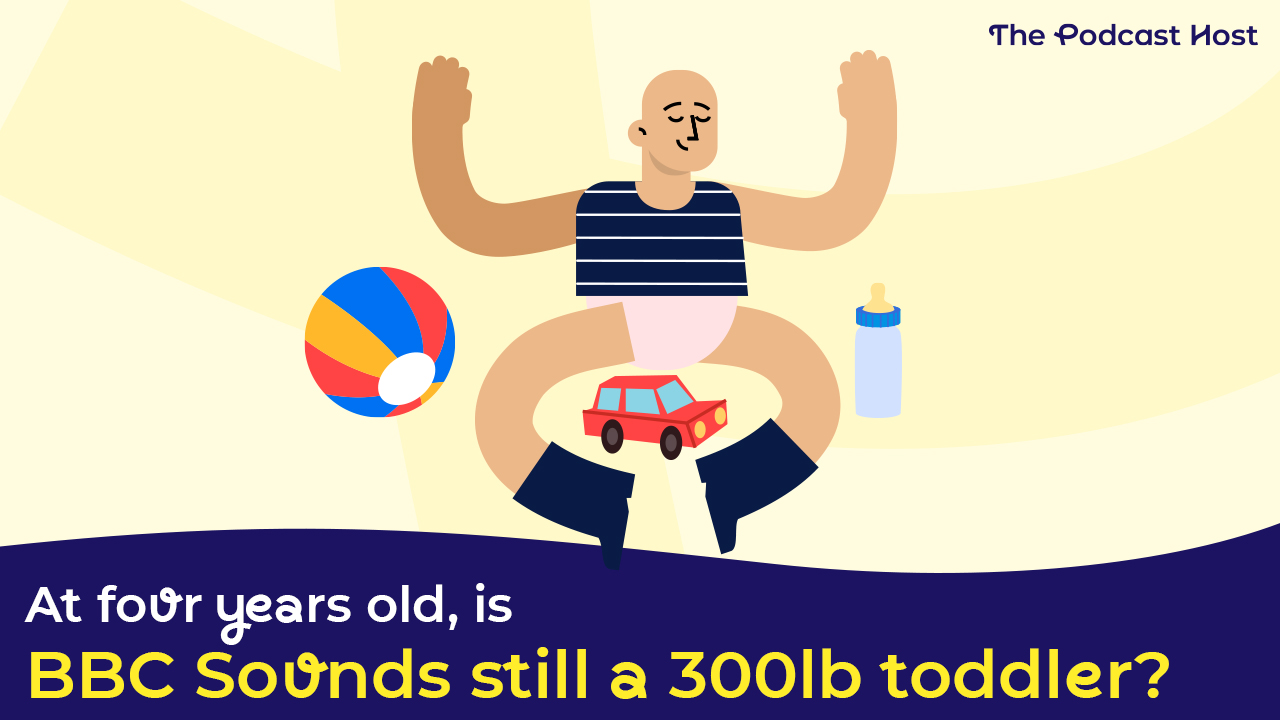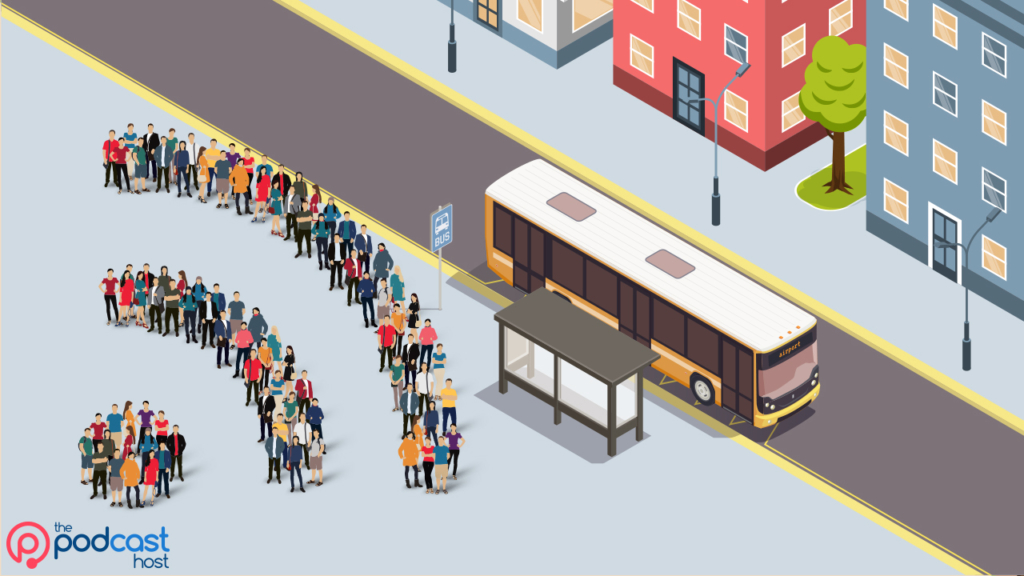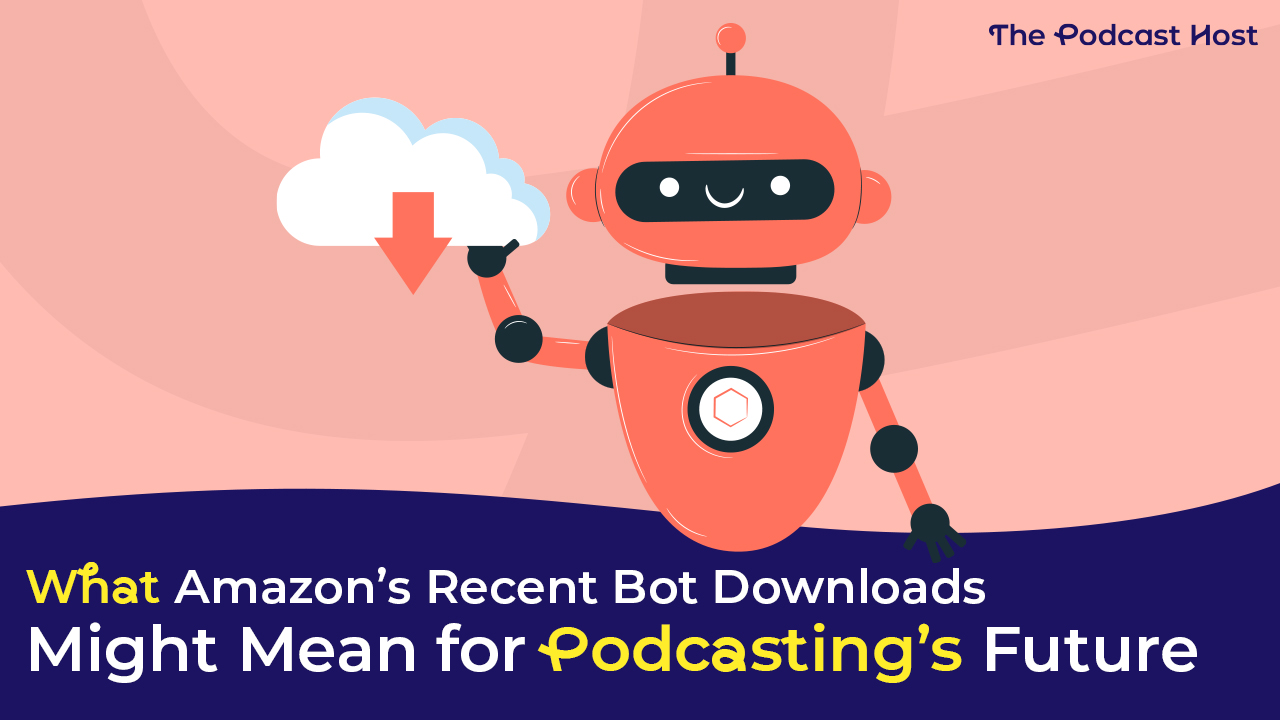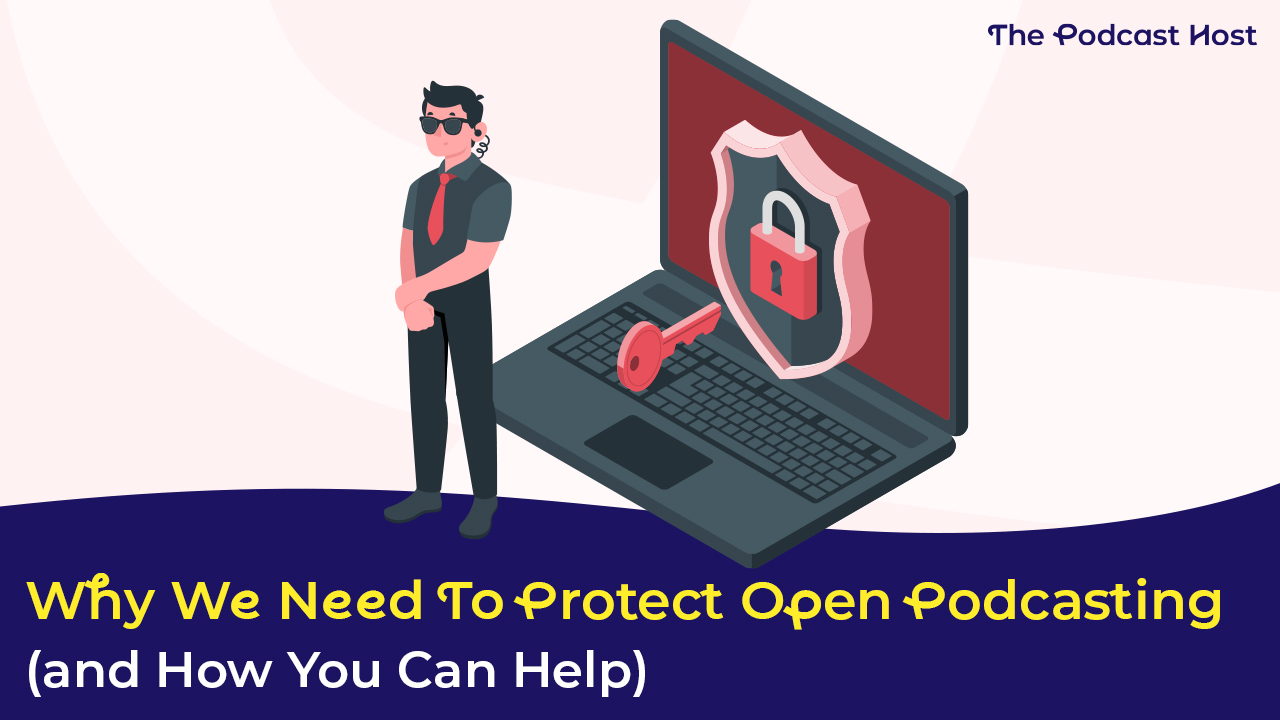At Four Years Old, Is BBC Sounds Still a 300LB Toddler?

While most children born in June 2018 are long-past toddling and are getting ready for school next September, another precocious four-year-old, the BBC Sounds app, has already stormed through its reception years and grown in stature, size and confidence. Well done, it. Aunty must be so proud.
Launched as a beta app in June 2018 with full-scale release in October that year, BBC Sounds eventually replaced iPlayer Radio the following September.
Emerging Media
But it’s a very different beast. Sounds has augmented iPlayer’s offer of catch-up and live streaming with podcasts – usually spin-offs and talent extensions from traditional BBC radio and TV titles. In doing so, Sounds has weighed in on an emerging media form, bringing the big names, the best audio tech, production talent and all the resources of an international broadcaster with a £10 million budget to bear on the podcast sector.
Arguably, it wasn’t even a ‘sector’ until the Beeb arrived, but the problem remains: How will the app fare in the agile, on-demand wild?

DIY RSS
Podcasting has been at least twenty years in the making. For many of us, it started with the punk DIY kitchen table ethos of making your own media, experimenting with audio. Like the New York DJ mixtapes of the 1980s and ‘90s, it grew into an underground movement.
Broadband came along and the new, global reach attracted those looking for an audience: Niche interests were suddenly reaching out beyond the local to find worldwide communities; fledgling radio stations and local bands; businesses of all sizes adding editorial value to their wares.
Full Circle
With BBC Sounds, what started in bedrooms as an improvised studio making an emulation of a broadcast has turned full circle. It’s now broadcast-budget audio emulating the entrepreneurial spirit of podcast.
Sensitive to those kinds of criticisms, the BBC 2020-21 Annual Plan promised to recruit other (perhaps less lavishly funded) broadcasters to the fold, but they immediately ran into trouble.
Third-Party Content
You or I would probably bite their hand off. But commercial operators Bauer Media – who own Kiss FM, Magic and Absolute Radio – and Global (Capital, Heart, Smooth, LBC, Gold, X and Classic FM) may have thought differently. They reportedly told the BBC that the terms that the Sounds team wanted made it difficult for them to make their content work on the platform. It was implied that the BBC would not guarantee the commercial networks prominence in the apps. The promise of third-party content on Sounds was noticeably missing from the BBC’s 2021-22 Annual Plan.
Which brings us to the point. When Apple released iTunes 4.9 in 2005 under the headline ‘Apple Takes Podcasting Mainstream’, it promised around 3,000 programmes in its directory could be ‘discovered, subscribed and listened to in iTunes’. By 2020, having spun out its own dedicated Podcasts app from iTunes for mobile and MacOS, that figure was close to one million episodes, only a handful of which were made by Apple. Spotify and other podcast aggregators can make the same claim.
The Discoverability Barrier
Podcasting is the closest the audio industry comes to an inclusive ecosystem. It’s relatively cheap to make, free to distribute, and a certain amount of talent can rise close to the top on the strength of some canny marketing and the talent alone. It can even offer a reasonable income stream if you are lucky. The biggest barrier, like every other form of media, is discoverability.
The potential for finding your audience is in the big podcast apps. Social media sharing is built-in, it’s possible to be curated into a visible position and search and browsing are fairly simple. As the major commercial players have found, the BBC don’t seem like they are in the sharing mood with Sounds. It’s a great place to go if you only want to hear Aunty talk, but the rest of us won’t get heard over the screams of a 300lb toddler throwing their toys out of the pram.
• The BBC did not respond to our enquiries on their plans for BBC Sounds.


